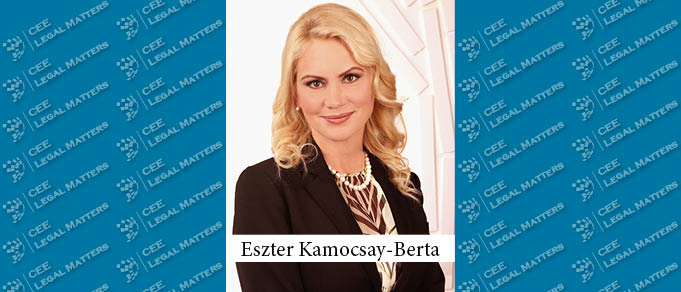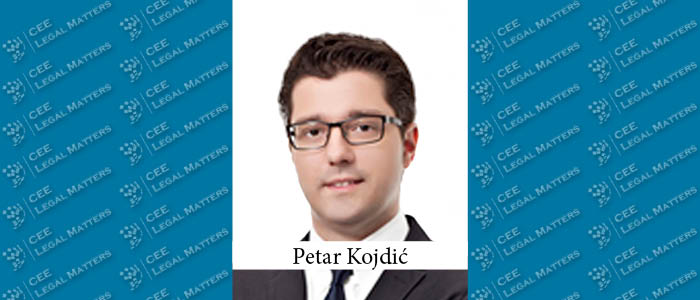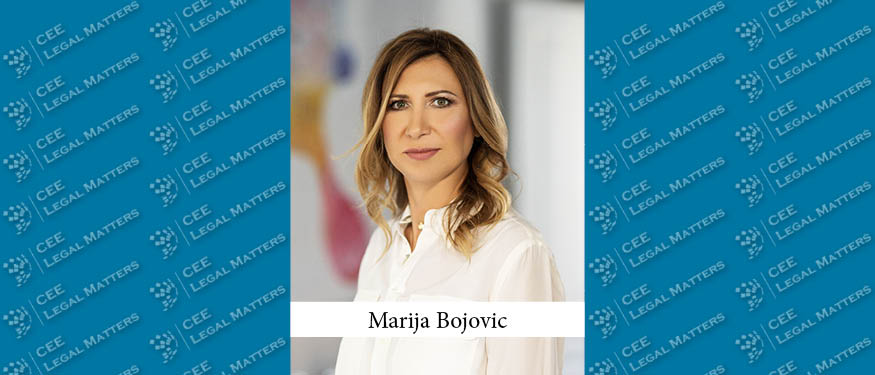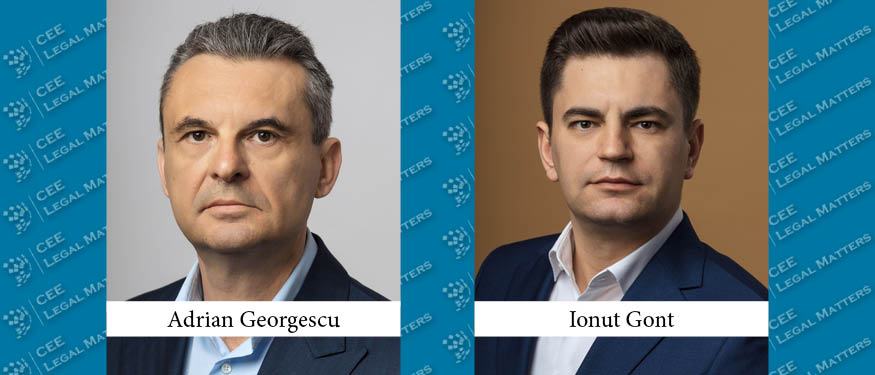In the digital era, the protection of personal data has become a critical concern. Governments and regulatory bodies worldwide are actively working to ensure that individuals’ privacy rights are upheld and telecommunications providers play a significant role in this landscape. In this context, a brief review of the Hellenic Data Protection Authority’s (HDPA) case law concerning telecommunications providers in Greece over the past 12 months would lead to invaluable insights into the evolving respective legal landscape and the challenges faced by both organizations and individuals in safeguarding personal data.
Croatia: Influencer Marketing – Advertise at Your Own Peril
Following global trends, Croatia has seen rapid growth in influencer marketing in the past few years. On one hand, the main benefit is evident: partnering with the right influencer helps a brand grow exponentially. On the other hand, same as with social media posts, the accompanying legal and reputational risks can go viral in no time, so brand companies, marketing agencies, and influencers should tread carefully.
Hungary: AI Language Models and the EU AI Act – The Urgent Need for Overarching Legislation
The most accurate sentence that describes AI language models would be: “I’m sorry, the answers are ready, you just need to ask the right questions.”
Bosnia and Herzegovina Investment Guide Series – Foreign Investments
In accordance with the Law on Foreign Direct Investment Policy in Bosnia and Herzegovina, foreign investors are guaranteed the following:
Significant Amendments Unveiled with North Macedonia’s New Law on Advocacy
The end of September 2023 not only marked the close of the month but also heralded the replacement of Macedonia’s previous Law on Advocacy with a new substantially amended law. The new law, which entered into force on 3 October 2023, introduced significant amendments designed to elevate the level of practice of law in Macedonia.
Montenegro Regulates the Real Estate Brokerage
The Ministry of Economic Development and Tourism adopted the Draft Law on Real Estate Brokerage. The adoption of this law is motivated primarily by the need to suppress the grey economy that is flourishing in the field of real estate brokerage. The second, equally important motive is the protection of participants and the prevention of abuses and fraud in real estate sales.
Elevating Climate Protection as a Key Funding Priority
In the past, banks have predominantly relied on financial metrics to guide their funding strategies. However, with the prominence and importance of ESG (Environmental, Social and Governance) principles, a paradigm shift is underway. Sustainability metrics are gaining prominence in the decision-making process for financing companies or projects.
What Changes Will the Czech Republic's New Preventive Restructuring Act Bring to Debtors and Creditors?
After a delay of more than a year, an act on preventive restructuring (the "Act") implementing the EU directive on preventive restructuring frameworks finally became effective in the Czech Republic on 23 September 2023. The long-awaited Act introduces a brand-new legal tool preventing the insolvency of viable enterprises in temporary financial distress.
EU Publishes New Regulation on Alternative Fuel Infrastructure
At the end of September, the long-awaited Regulation (EU) 2023/1804) on the deployment of alternative fuel infrastructure, and repealing Directive 2014/94/EU (“AFIR”) was published in the Official Journal of the European Union. Though the entry into force of AFIR is 13 April 2024, it is worth reviewing the key takeaways that the AFIR introduces as part of the EU’s Fit for 55 package.
Trade Secrets Litigation in the EU: A Glimpse into the Landscape
Trade secrets are an invaluable asset for many businesses, often encompassing years of research, innovation, and strategic development. Protecting them is paramount, and the legal landscape surrounding this protection is ever-evolving. The European Union Intellectual Property Office (EUIPO) recently published the report “Trade Secrets Litigation Trends in the EU” (June 2023), which provides fresh insights into the state of trade secrets litigation within the European Union.
Non-Bank Lending in Serbia
September 2023 – According to Article 5 of the Serbian Banking Act (Zakon o bankama), no person other than a bank licensed in Serbia may engage in the granting of loans unless authorised by law. One Serbian law that does allow foreign banks (i.e., banks not established and licensed in Serbia) to provide cross-border loans to Serbian entities is the Serbian Foreign Exchange Act (Zakon o deviznom poslovanju). In particular, Article 18(7) of the Foreign Exchange Act expressly allows Serbian entities to borrow cross-border from foreign banks, which are not required to obtain a banking licence in Serbia for this purpose.
Is There a Deadline for Asking the Judge to Reduce Penalties in Hungary?
Under Hungarian law the judge can reduce the amount of the contractual penalty if it is excessive. The penalty reduction shall be expressly requested by the defendant during the litigation. Can the defendant submit such request at any time during the litigation, or is there any deadline for that? In a recent decision, the Hungarian Supreme Court addressed this issue.
Novelties Pertaining to Excise Taxation
The Law on Amendments to the Law on Excise (“the Law”) was published in the Official Gazette of the Republic of Serbia no. 75/2023 of September 6, 2023, and it entered into force on the eighth day after its publishing, i.e., on September 14, 2023, while it shall be applied from October 1, 2023.
Amendment to the Labour Code finally approved with effect from 1 October 2023
As the amendment is effective as early as 1 October 2023, we provide below an overview of the main changes, indicating the necessary or recommended steps for employers to be taken:
Probate Proceedings With a Foreign Element in Serbia – Jurisdiction of the Serbian Courts
In the probate proceedings, the court determines who the heirs of the decedent are, which property makes up his estate, and which rights from the estate belong to heirs, legatees, and other persons.
On the Horizon: The First Data Submission of the EPR Regime - The Most Important Questions and Answers
As part of the implementation of the European Union's waste management directives, Hungary will also need to apply the rules of the ‘Extended Producer Responsibility’ (EPR) legislation as from 1 July 2023.
German Supply Chain Due Diligence Act: Implications for Serbian Companies and Supply Chain
The German Supply Chain Due Diligence Act is a major advancement in the supply chain network, improving international human rights and environmental standards across the board. It focuses on issues of child labour, health and safety standards, and the role of trade unions, and will have substantial effects on all relevant parties concerned due to its scope and importance. For instance, the Act bans all sorts of conduct from discrimination to forced labour. Serbia in particular will be considerably impacted, since Germany is the country's largest trade partner.
Mandatory Replacement Afforestation Instead of Forest Protection Contribution
Hungarian forest management regulations are among the strictest in Europe, however, there have always been investments and real estate developments that affected forest areas, the effect of which could so far be compensated by a fine in certain cases. As of 1 July 2023, the new provisions of the Forest Act brought pleasant changes, as even in the case of non-natural forests, the authority immediately obliges the developers affecting the forest area to reforest and not only to pay a forest protection contribution, if the size of the area reaches or exceeds one hectare.
































